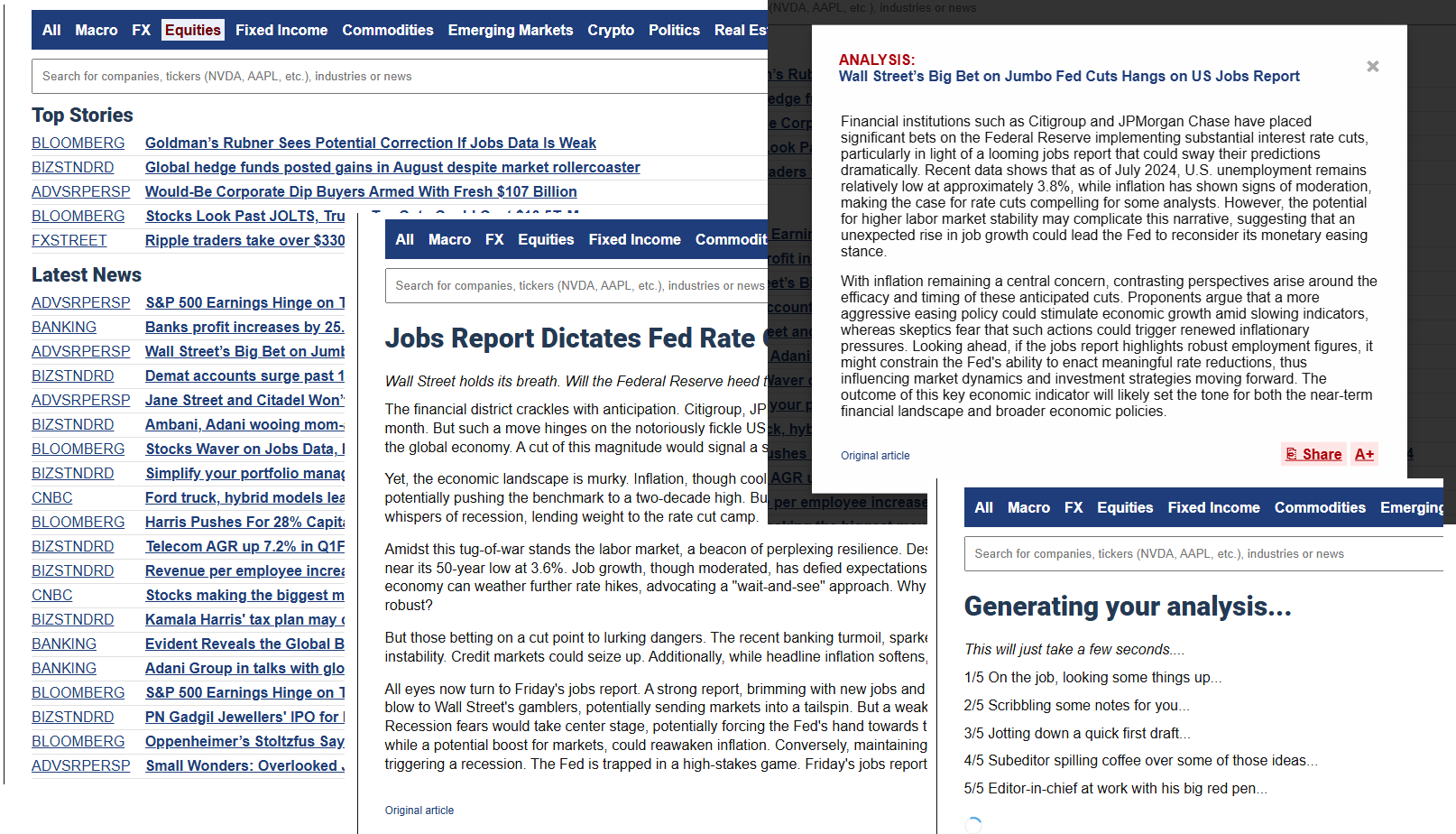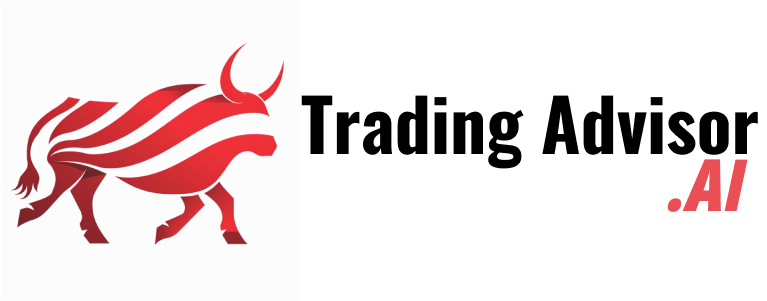Global Economies Clash Amid Market Shifts and Innovations
Amidst a whirlwind of global economic events in 2024, nations and industries are navigating contrasting paths in the global financial landscape. Iraq, a prominent OPEC member, remains firmly committed to the production limits established by OPEC+. This steadfastness comes in the face of a volatile geopolitical climate and fluctuating oil prices. Iraq’s economy heavily leans on oil, driving a delicate balancing act between maintaining these production quotas and addressing pressing needs for investment in oil and gas infrastructure. The country aims for growth through oil derivatives and infrastructure projects, marking a strategic pivot that seeks to elevate Iraq's standing in global energy markets.
Iraq's adherence to OPEC+ guidelines underscores its role in stabilizing the oil market. Yet, this discipline comes at a time when the country is desperate for foreign investment to revitalize its ageing infrastructure. The nation is optimistic about its future, focusing on innovation in oil derivatives, which could redefine its oil industry’s significance on the world stage.
Conversely, the United States is charting a different economic trajectory. LendingClub, a major player in the fintech sector, has seen its stock soar due to exceptional earnings. This upward trend signals positively for other fintech peers like SoFi and Affirm, with the sector demonstrating remarkable resilience and adaptability. These companies are thriving amidst challenging regulatory environments and a rapidly changing digital economy. Their success highlights the industry’s commitment to leveraging technological advancements to capture and expand market share.
Investors are closely watching how fintech firms continue to innovate with consumer-centric financial solutions. As these companies embed themselves deeper into daily transactions, they exemplify the shift towards digital finance dominance, reflecting a broader market acceptance and integration of fintech mechanisms.
In the backdrop of these developments, consumer behavior in the United States reveals ongoing economic concerns exacerbated by rising inflation. The fiscal strategies commonly referred to as 'Bidenomics' have intensified these concerns. Analysts at Goldman Sachs have noted a growing trend of consumers pivoting towards Walmart for more economical grocery solutions, indicative of strategic shifts even among higher-income households towards cost-effective shopping practices.
This change positions Walmart strategically within the retail sector. Offering competitive pricing, Walmart continues to attract a diverse customer base feeling the economic squeeze. Such consumer behavior mirrors patterns seen during the Global Financial Crisis, highlighting how economic uncertainty influences purchasing decisions, driving consumers toward value-oriented retailers.
The retail landscape indeed finds itself adapting to these inflationary pressures. Traditional grocers now face existential challenges, striving to compete against hard discounters and mega-retailers like Walmart. By implementing strategic pricing and managing inventory effectively, Walmart distinguishes itself from not only conventional grocers but also premium outlets such as Whole Foods. This shift paints a picture of a fragmented market where luxury spending becomes increasingly unsustainable for a broader demographic.
The fintech sector's adaptability is also on full display. Affirm recently received favorable ratings from Morgan Stanley and Barclays, indicating market confidence in its growth trajectory. Strategic partnerships, like those with Apple Pay, showcase Affirm’s ability to integrate advanced payment solutions into everyday transactions, emphasizing the industry’s drive towards financial inclusivity and broad acceptance among consumers.
Meanwhile, China has taken an assertive approach towards economic recovery, implementing substantial policy measures designed to boost demand and maintain economic momentum. These initiatives reflect China’s concerted efforts to rejuvenate economic activities and reinforce consumer confidence through swift policy actions. However, such aggressive measures invoke debates about long-term sustainability and the potential risk of market overheating, inviting comparisons with past fiscal strategies during economic downturns.
These unfolding narratives highlight a complex tapestry of fiscal policy impacts across various global economies. While U.S. consumers navigate landscapes shaped by inflation, Iraq and China face unique challenges related to oil dependency and policy-driven economic stimulation. Investors and analysts are scrutinizing these developments closely, assessing strategic maneuvers across diverse sectors and regions, with keen eyes on their implications for potential future economic conditions.
Moreover, the structural dynamics of the oil industry add another intricate layer to global economic analyses. Iraq's consistent production in alignment with OPEC+ guidelines presents a stark contrast to other oil-producing nations that are expanding drilling activities to capitalize on current market dynamics. This divergence fuels discussions on finding the ideal balance between production regulation and expansion to secure long-term economic benefits. For Iraq, achieving this equilibrium while rebuilding its domestic oil infrastructure remains a nuanced and critical challenge.
Ultimately, understanding today’s economic milieu requires a nuanced comprehension of interconnected threads among consumer preferences, financial markets, and resource-dependent economies. Narratives stemming from Iraq's OPEC+ participation, U.S. consumer adjustments, and China's robust policy strategies weave a web of economic interdependence. As these stories continue to unfold, they highlight the vital intersections between economic policies, market strategies, and global trade, contributing to a dynamic and unpredictable economic landscape that demands the attention and agility of stakeholders across all sectors.
AI-Powered trading insights: join our email list
Real-Time Market Analysis
Get instant insights on market trends, news impact, and trading opportunities.

